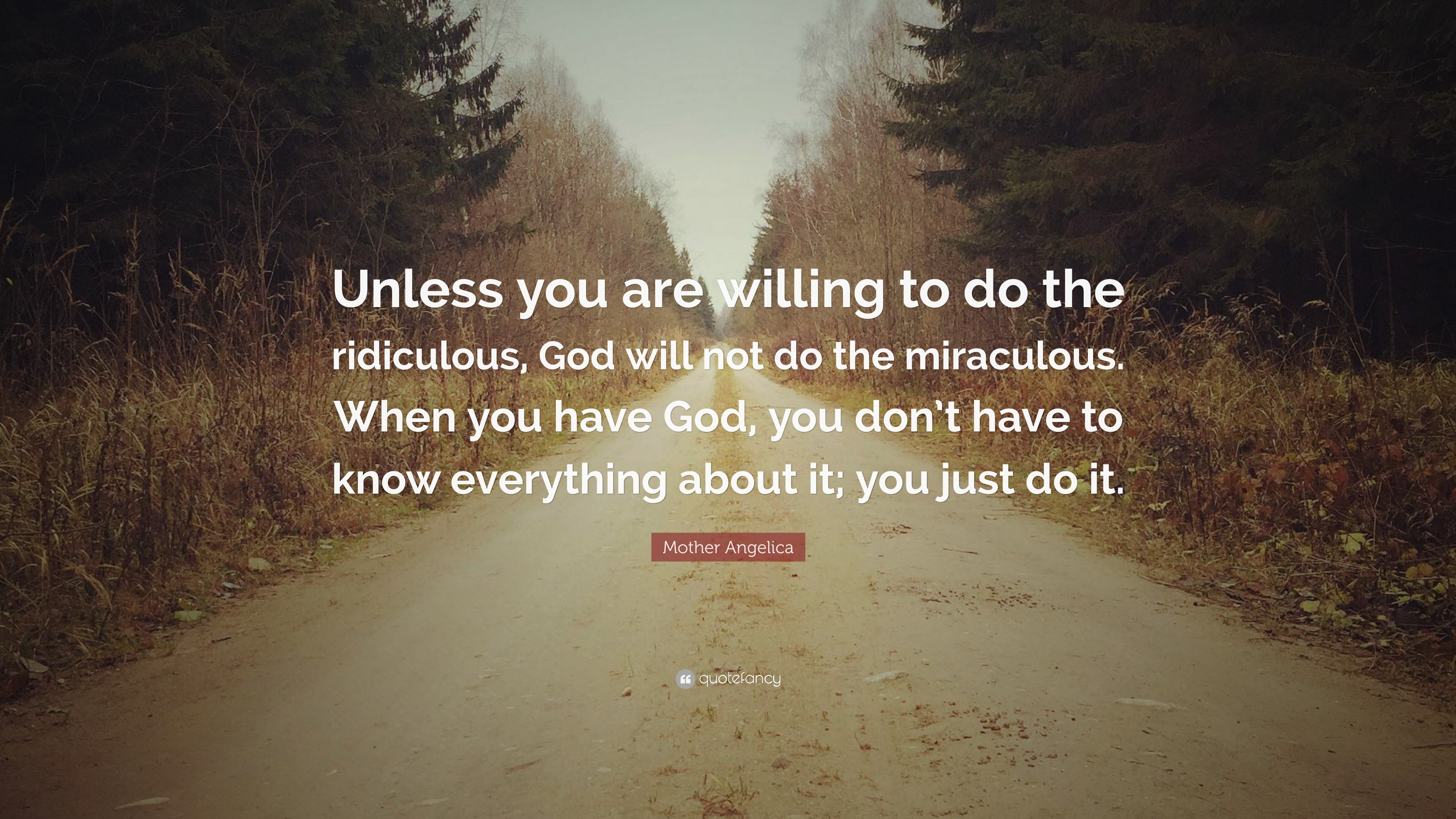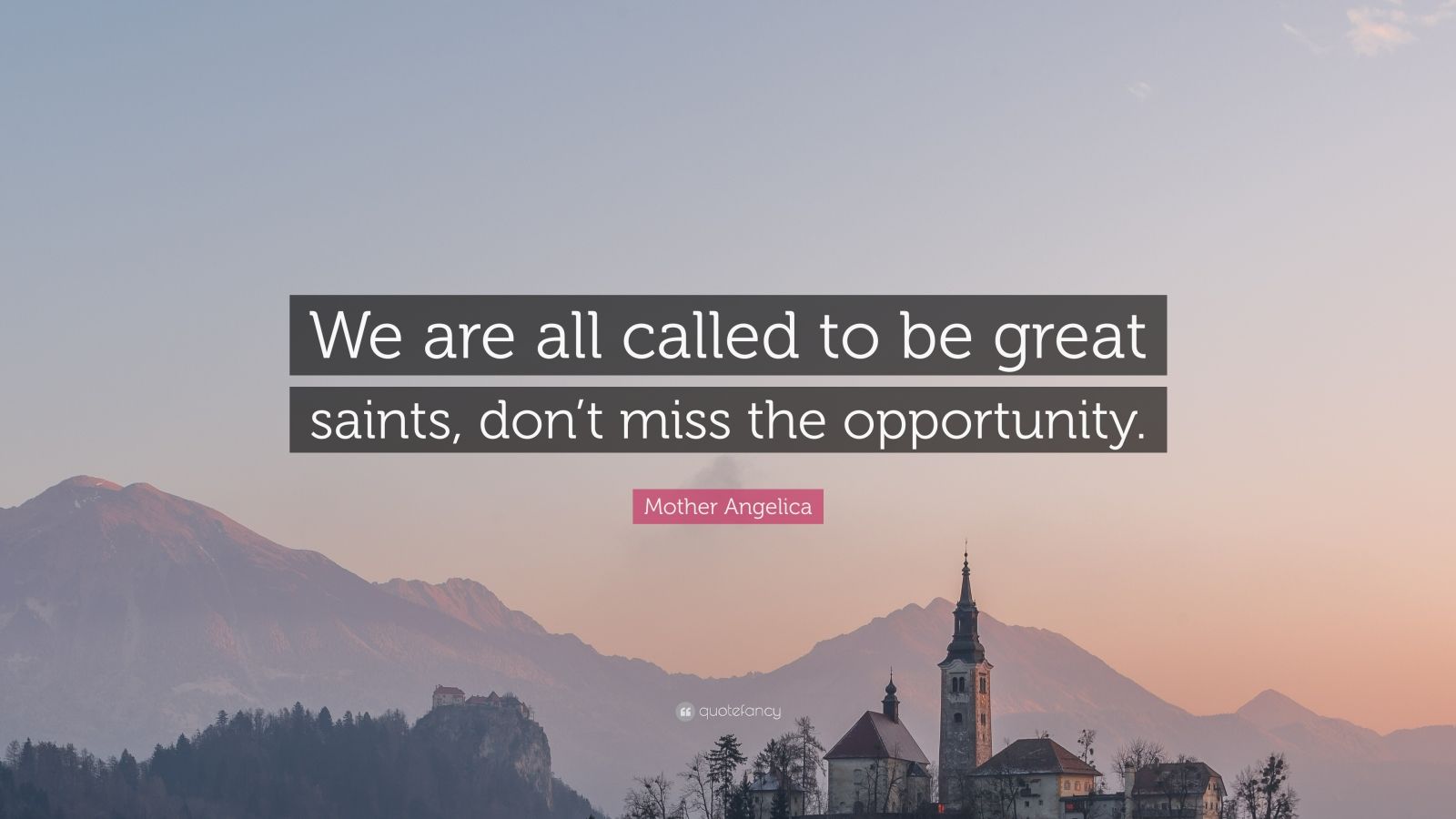
Josh’s tentative bond with a popular object of affection (Sophie Simnett) is sweetly told, and Wesley’s coming into himself as a pensive self-styled “samurai,” narrated by the RZA and told in part through stylish animation, is elegantly done. With reservations about the Angelica character aside, what makes “Daybreak” work inasmuch as it does is the counterpoint between what the characters’ lives were like before the blast, and what they’re living for now.

(Lind’s Angelica also is studiedly “un-P.C.” in a tired way, with a lengthy bit of “cool-kid” banter with Crute’s Wesley, a gay black character, culminating in the rejoinder “Stop being so gay and retarded.” Oof.) Lind’s character, for instance, a young science genius, has a long backstory involving grinding drugs into homemade slime to sell to students that strains even the elastic reality of this series, and will make viewers think back fondly on the relative lack of adornment of Josh’s confusion and lonesomeness.

He also sells some of the less sharply-written material, a skill that becomes more noticeable when the perspective shifts in later episodes. like a high school cafeteria, and defend it their respective territories with violence instead of social pressure.įord makes for a winsome narrator a transplant from Canada to Southern California, we’re told, his Josh, tasked with addressing the audience, carries across a gimlet-eyed understanding of the social scene before and after the attack. We follow Josh and two compatriots (Austin Crute and Alyvia Alyn Lind) through the “Mad Max”-inflected after-world, in which cliques have divided up greater L.A. Farewell to the school’s uptight principal (played by Matthew Broderick), hello to a dangerous sort of freedom. Most adults melted into goo,” narrator Josh (Colin Ford) intones. It’s this last show that “Daybreak” shares the most with, on a premise level: In the first episode, we’re told that a nuclear attack on Los Angeles had a disproportionate winnowing effect: “The bombs must have been biological.

To wit: “The End of the F***ing World,” a well-regarded British co-production, is returning for a second season in November Netflix’s Sabrina the teenage witch, on “Chilling Adventures of Sabrina,” has to deal with potentially apocalyptic stakes instead of the light scrapes her ABC predecessor faced on “The Society,” all adults have vanished in some sort of event, forcing those under 18 to start the world anew. “ Daybreak” fits neatly into one of the genres that seems increasingly major for Netflix: The drama that places in counterpoint the big emotions felt by teens and the literal end of the world.


 0 kommentar(er)
0 kommentar(er)
